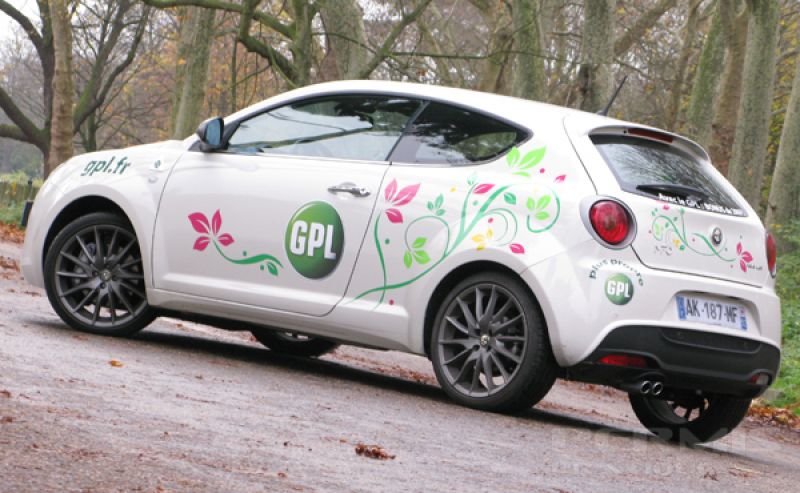Media Room
France presents its plan for the development of alternative fuels by 2030

The Ministry of the Environment presented the national framework for action to develop alternative fuels, including Autogas, by 2030. It is subject to public consultation until 14 December 2016. The plan constitutes one of the actions of the country’s strategy for developing clean mobility by 2030, within the framework of the multiannual energy programme.
Alternative fuels “serve, at least partially,” as a substitute for traditional fuels in transportation, the ministry said. These include LPG, natural gas (CNG and LNG), biofuels, electricity, and hydrogen. The national framework define the national objectives for all alternative fuels, in consultation with the relevant stakeholders, including the DGE (General Direction of Enterprises), DGT (General Direction of Employment), Ademe (French Environment and Energy Management Agency), transporters, manufacturers, distributors, environmental protection associations, and local authorities.
The initiative targets a 15% share of renewable fuels by 2030, mainly via first generation biofuels, but also with gaseous biofuel as bio-LPG and bio-CNG are currently under development. According to the document, bio-LPG offers an “additional opportunity” for renewable energy in transport sector and could allow a “more important development of a sustainable and competitive LPG sector supporting the achievement of European and national environmental objectives.”
The plan also highlights the potential of Autogas: about one filling station in seven offers LPG across the country. The network is “mature enough to meet a growing demand.” Moreover, the prospect of the entry into the market of bio-LPG could “have a driving effect on the increase of the share of the LPG in the alternative fuels,” says the document.
